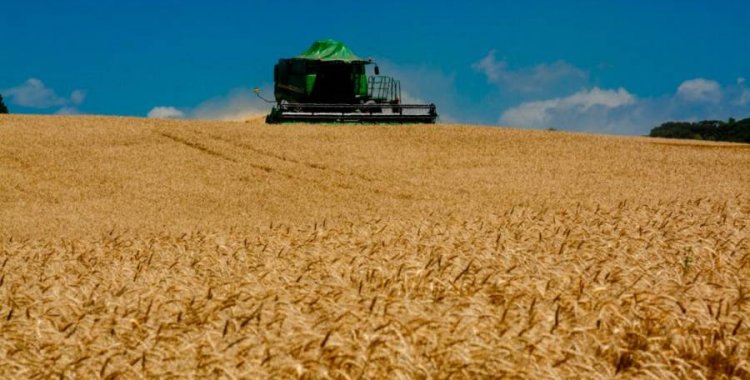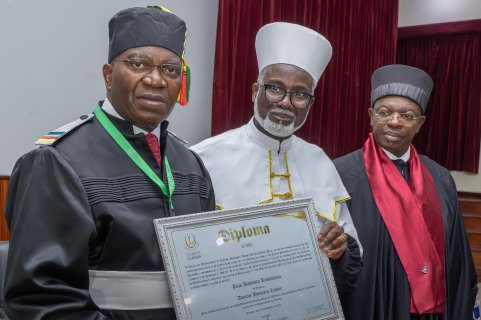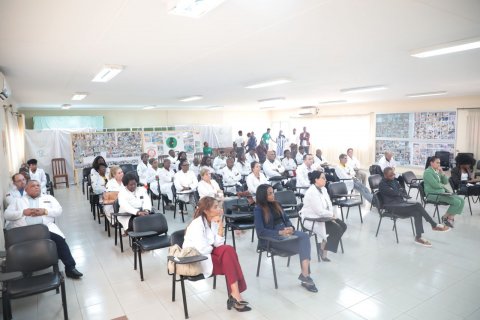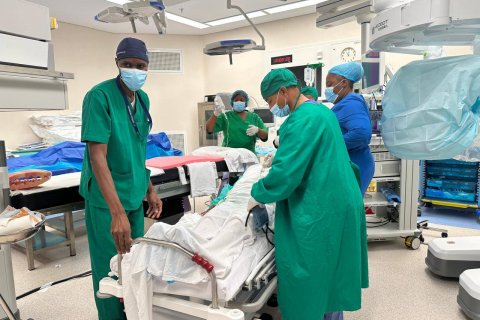The conditions to relaunch meat and cereal production are now in place, said José Mendes, director of the provincial Agriculture office in that province, without specifying quantities.
Cited by Angop, the official said that they have at their disposal mills and husking machines, 200 tonnes of maize, around 151 tonnes of rice, seven of massambala, five of massango and 146 sacks of compound fertilizer (NPK).
In addition, 26 cooperatives will be included, with 13 having benefited from a credit worth a total of 139 million kwanzas (divided by 11 cooperatives that received 10 million kwanzas each and 15 million kwanzas each for the remaining two cooperatives) from the Banco Desenvolvimento de Angola, writes Angop.
The official also made it known that, for the next campaign – which is estimated to harvest 2,250,000 tons of various products – the provincial government will also focus on large-scale fruit production.
So, for this bet, there are 3300 plants of orange, lemon, avocado, mango trees, among others.
According to Angop, 259,388 hectares of land are being prepared for the next campaign to be shared by 171,339 families gathered in associations and cooperatives.
Regarding meat production, José Mendes indicated that as of October the province will launch a program to promote swine cattle. This project will benefit 37 producers in the region, with the aim of producing meat on a large scale.
Cited by Angop, he also said that the reception of 150 heads of pigs is awaited, under the swine farming program that aims to increase family income and alleviate hunger and poverty.
This initiative aims to reach 1500 families in the province who live in areas with high levels of poverty.
He also left the guarantee that the cattle that will be delivered to the province are resistant to African swine fever and that their fertility rate is high (average of 14 offspring, compared to the current four), writes Angop.
The ministry will also develop training to train those favored on the appropriate techniques for raising, developing and breeding animals.







